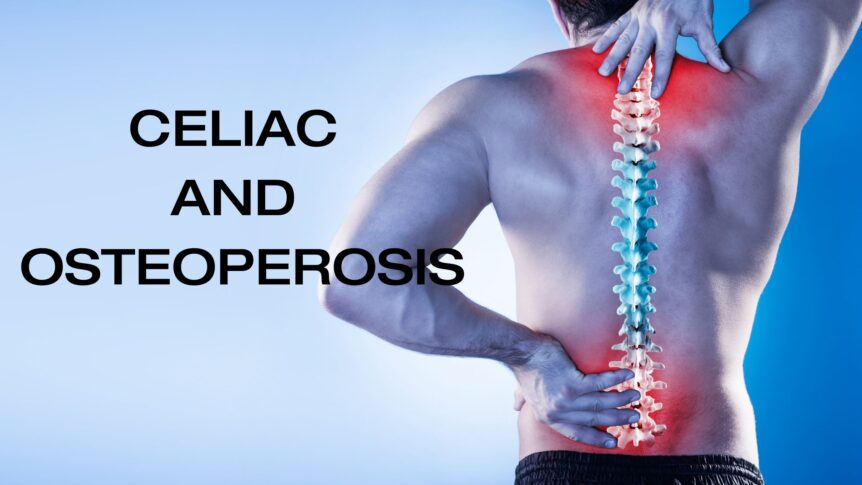Celiac disease and osteoporosis are two conditions that, although different, both impact bone health. Understanding the relationship between the two is crucial for those with celiac disease, as they are at a higher risk of developing osteoporosis. This blog will explore this connection and provide practical tips for managing and mitigating the risks.
Understanding the Link Between Celiac Disease and Osteoporosis
Celiac disease is an autoimmune disease where the ingestion of gluten leads to damage in the small intestine. This damage prevents the absorption of essential nutrients, including calcium and vitamin D, which are critical for bone health. Over time, this can lead to a decrease in bone density, making bones weaker and more prone to fractures. This condition of weakened bones is known as osteoporosis.
The Importance of a Strict Gluten-Free Diet
For people with celiac disease, the only known way to manage it and prevent complications like osteoporosis is a strict gluten-free diet. Sticking to this diet helps in healing the intestine which improves the absorption of vital nutrients. It’s not just about avoiding obvious sources of gluten like bread and pasta, but also watching for hidden sources of gluten. Gluten can be present in processed foods, sauces, and even some medications.
Boosting Calcium and Vitamin D Intake
Calcium and vitamin D play an important role in maintaining bone health. People with celiac disease should focus on incorporating calcium-rich foods into their diet, such as leafy green vegetables, fortified non-dairy milk, almonds, and tofu. Sunlight exposure is crucial for vitamin D, but food sources like fatty fish, egg yolks, and fortified foods can also be beneficial.
Calcium supplements may be necessary. However, talking with a healthcare provider before starting any supplements is essential. Too much calcium can also have adverse health effects.
The Role of Regular Exercise in Bone Health
Physical activity is another key component in preventing osteoporosis. Weight-bearing exercises like walking, jogging, and strength training, can help build and maintain bone density. For individuals with celiac disease, incorporating regular exercise into their routine not only aids in bone health but also improves overall well-being.
Regular Bone Density Testing
For those with celiac disease, regular bone density testing can be a valuable tool in assessing the risk of osteoporosis. This non-invasive test helps determine the health of your bones and can guide your healthcare provider in making recommendations based on your specific requirements.
Lifestyle Modifications
In addition to following a gluten-free diet and exercise, other lifestyle changes can help manage the risk of osteoporosis. Refraining from smoking and limiting alcohol use are important, as both can negatively affect bone health. Other bone-supporting nutrients like magnesium and vitamin K can also be beneficial.
In conclusion, the link between celiac and osteoperosis is undeniable. A strict gluten-free diet and lifestyle play a crucial role in bone health. Medical follow-ups and bone density testing are essential for early detection and management of osteoporosis. By taking these steps, individuals with celiac disease can lead healthy, active lives while minimizing their risk of bone-related complications.
Was this post helpful? Read our other blogs here.
Disclaimer: The opinions in this article are for information purposes only. Please consult your doctor if you think you have celiac disease or osteoperosis.

